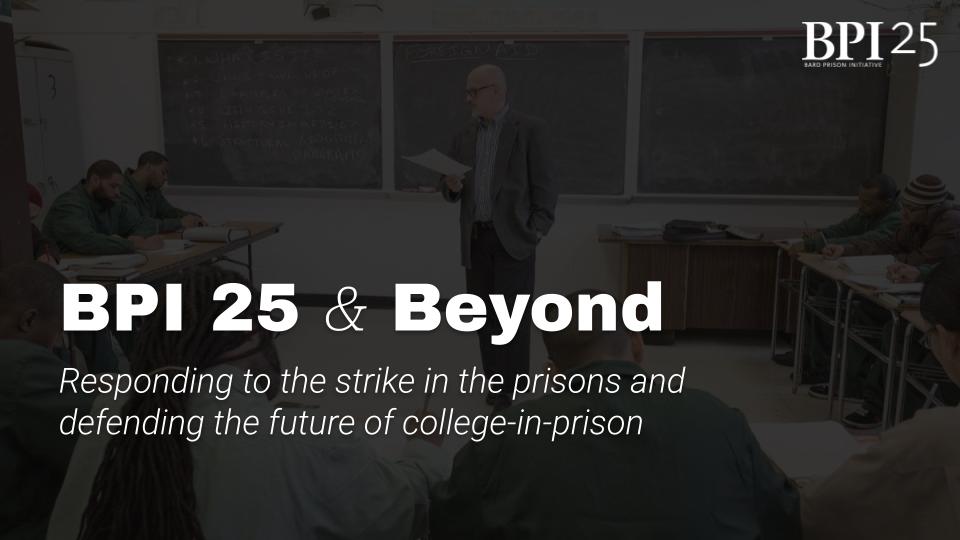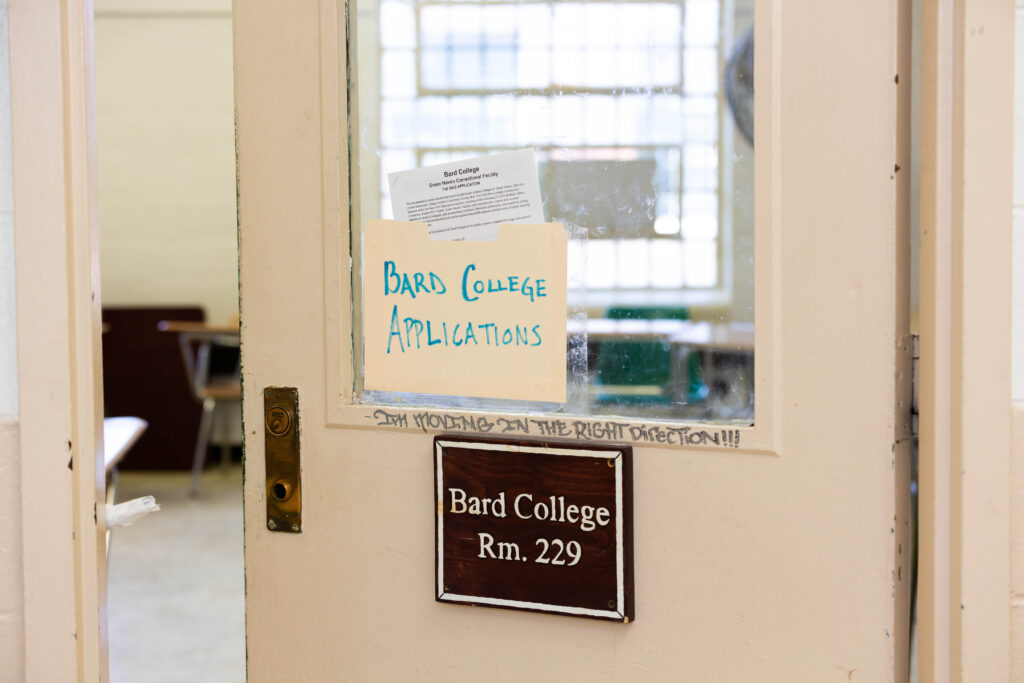More than two decades of a get-tough approach to crime have swelled the nation’s prison population to more than 1.6 million people, more than the entire population of Philadelphia.
Many of these inmates are repeat offenders. Education programs for inmates were casualties of this tough-on-crime approach. The 1994 crime bill signed into law by then-President Bill Clinton barred inmates from receiving Pell Grants.
However, studies have shown that education programs for prisoners reduce recidivism. A 2013 Rand Corporation study found that inmates who participated in education programs, including those that offer college credit, are far less likely to return to prison.
This is not news to the Ford Foundation or the Open Society Foundations, which are longtime supporters of Bard College’s program that allows inmates to earn college credits leading to a degree from Bard, one of the most respected liberal arts colleges in the country. The Bard Prison Initiative began as a tutoring program in the 1990s and awarded its first degrees in 2005. Ford has also funded the Prison University Project in California, which offers higher education courses to inmates of that state’s notorious San Quentin state prison near San Francisco. Ford funds these projects through its Higher Education for Social Justice program. Doris Buffett’s Sunshine Lady Foundation is another longtime supporter of these programs. Now other funders are getting behind the idea. While we wrote about this trend early last year, a lot has happened since then.



